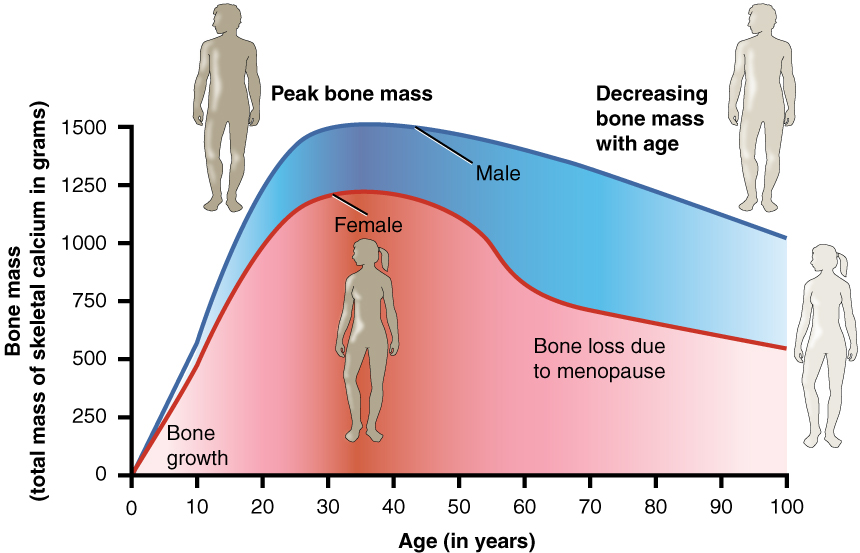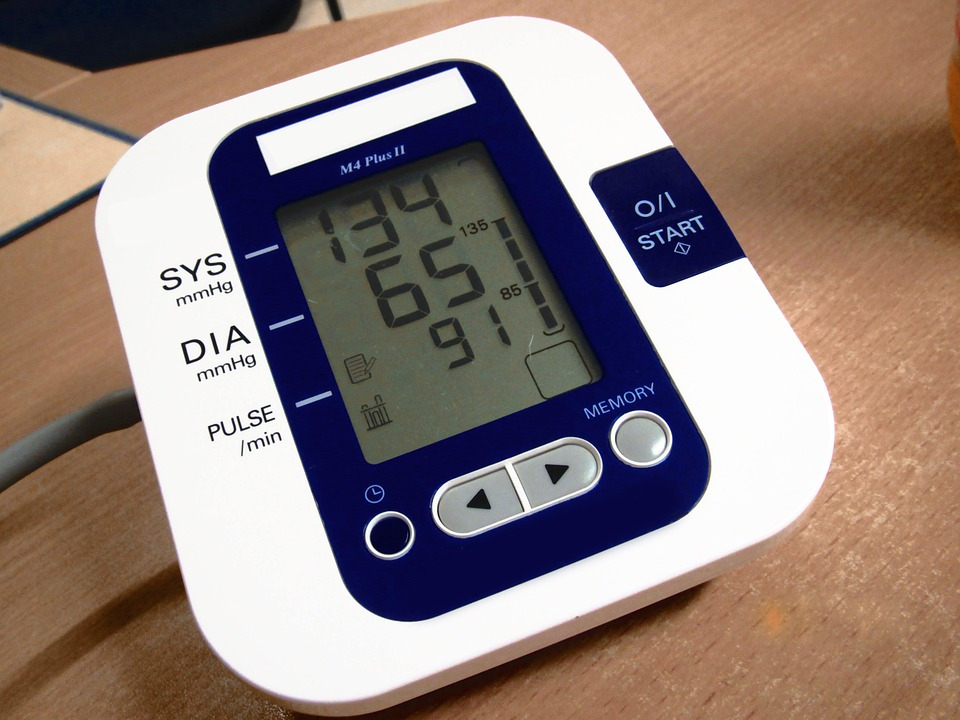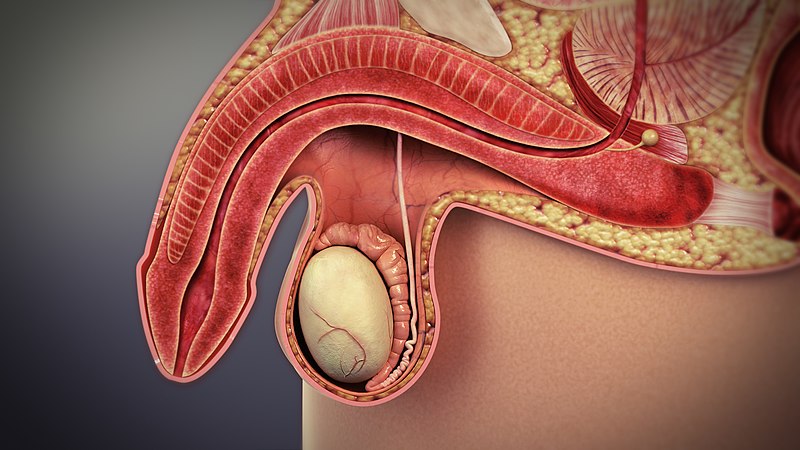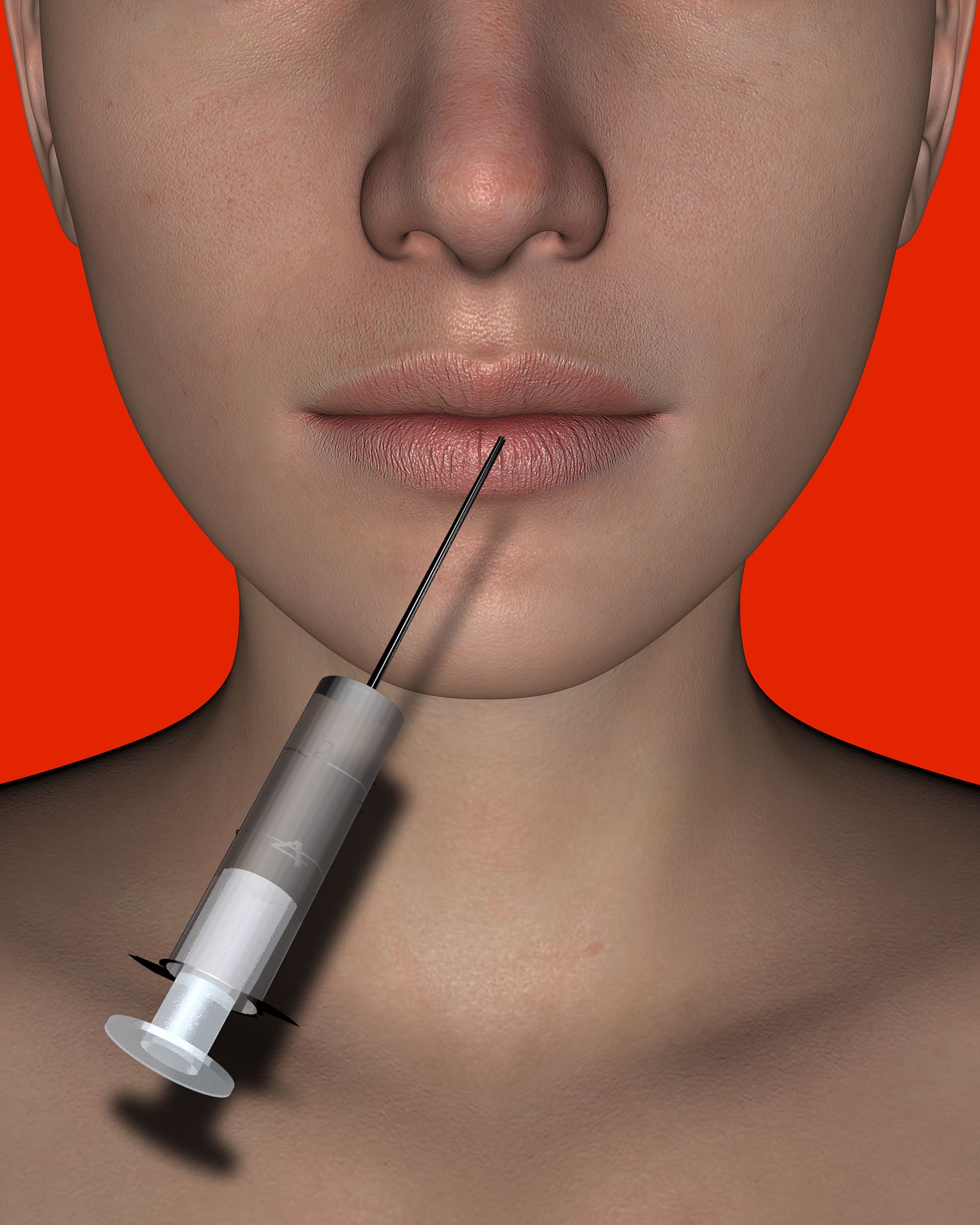Women experience menopause when they cease to ovulate and when their monthly period finishes. This can happen over a period of months and years, but for some women it happens relatively quickly. Women who are going through menopause often undergo a lot of changes, and one of these can be weight gain which can often occur around the abdomen. The weight gain can be attributed to a decline in the overall oestrogen levels of the women, as well as the age-related loss of muscle.
Other contributing factors to the weight gain from menopause can be diet related, or a lack of exercise due to advancing years and a more sedentary lifestyle overall. Basically, the reason for menopausal weight gain is generally attributed to the combination of the decline in oestrogen levels and the lifestyle factors. For many women, menopause can be a difficult time to be going through, what with all of the other bodily changes that going through menopause can bring, and the weight gain can be a distressing and difficult thing for some women to endure.
I wanted to discuss how menopause affects women’s’ weight in the hopes that it helps some women who may be experiencing this, and give them some idea of how to make changes, if menopause is affecting them. I’ll also discuss some other bodily changes that occur at the time of menopause.
Oestrogen and fat distribution
The levels of oestrogen in the body may have an impact on the way that fat is spread and stored around the body. Many women who go through menopause will gain fat as their levels of oestrogen decline. Women who haven’t yet gone through menopause will store fat in the lower body, in preparation for childbirth, while women who have gone through menopause will store fat around the abdomen.
Other contributors to weight gain while going through menopause
Other than the link between oestrogen and weight gain, there are other factors that can be seen to contribute to weight gain after menopause. These are as follows:
- Loss of muscle tissue. For many women, they will begin to lose muscle tissue due to a decline in physical activity, and this can cause an increase in body fat
- Lower metabolism. The metabolism will drop for many women as they age, and this can contribute to an increase in fat levels if they don’t make changes to their diet and exercise routine
- Decrease in overall physical activity. Many women will experience bodily changes which make them less likely to want to exercise (like hot flushes), and this can result in weight gain as they naturally become less active.
Bodily changes at the time of menopause
There are many changes that the body is going through, and these can include (but aren’t limited to):
- Skin changes, like dryness and a loss of elasticity
- Vaginal dryness
- Hair loss (or growth)
- Weight gain
Knowing what to expect can help to prepare women for this, and ensures that any potential upset is mitigated.
This is just a short rundown of some of the possible factors that can be seen in women who are going to be going through menopause, and it’s important that women are as aware as possible of the bodily changes that they’re going to be going through. By being aware of what their body may do, it will allow for a greater understanding and less confusion as their body shifts and changes. Just as with any other time of physical change, keeping a healthy diet and regular exercise will help to make the transition smooth, and you should always see your doctor if you are concerned about any of the changes that your body is undergoing.









